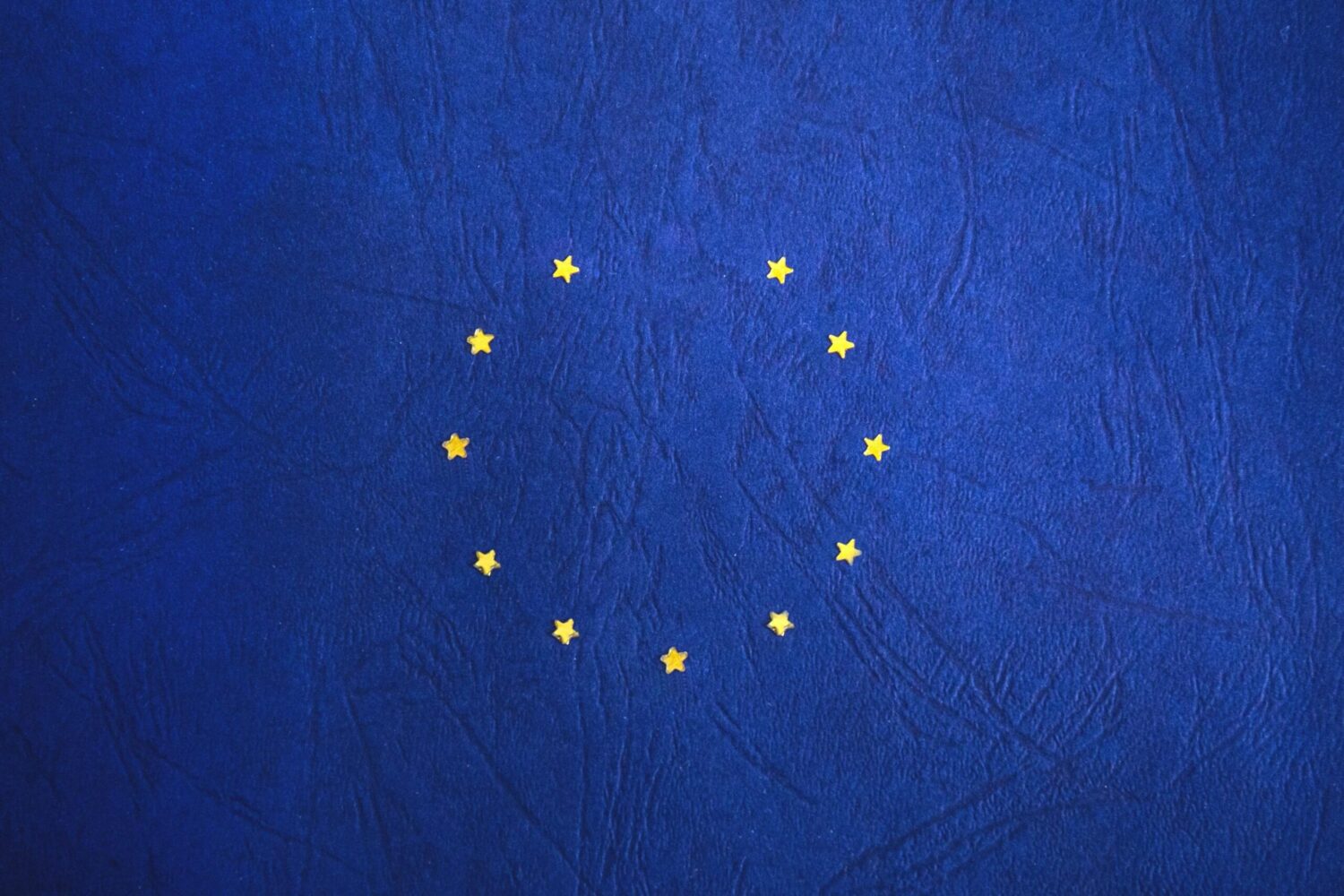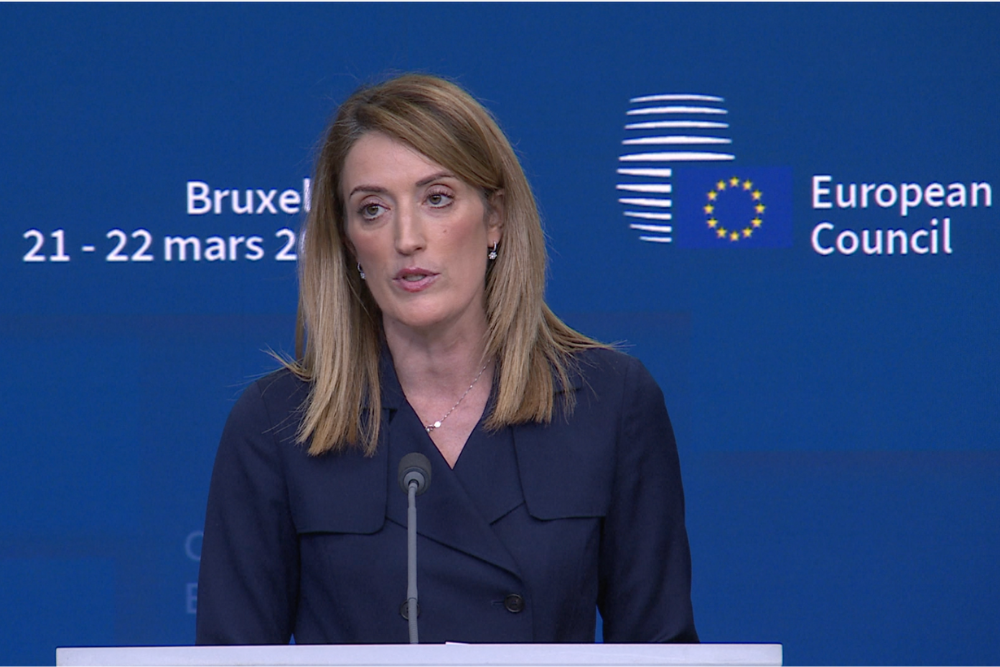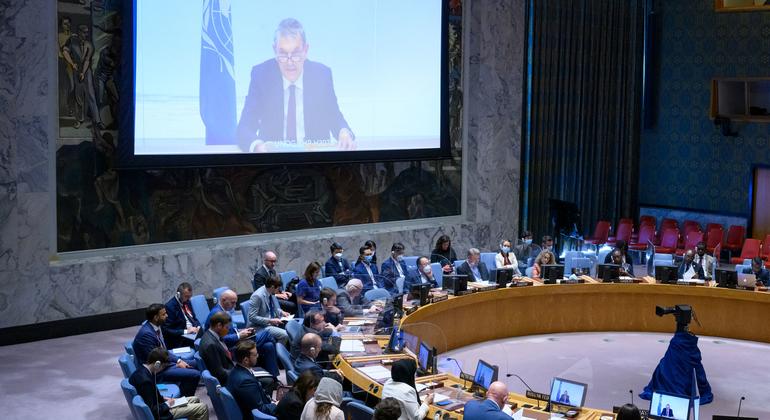Wearing one pair of jeans once does as much damage as driving 6 km in a gasoline-powered passenger vehicle
According to scientists, wearing a pair of fast fashion jeans just once creates 2.5 kg of carbon dioxide, which is equivalent to driving 6.4 km in a non-gasoline car, writes “Daily Mail”.
Fast fashion is a term used to describe the process of quickly creating and selling cheap, fashionable clothing to satisfy demand.
Scientists from Guangdong University of Technology in China analyzed the life cycle of a pair of Levi’s jeans, from the cultivation of the cotton to its final disposal by incineration.
They found that some pairs were only worn seven times. This qualifies them as “fast fashion”. They emit 11 times more carbon dioxide than the more frequently worn jeans.
“As an everyday wardrobe staple, a pair of jeans has a significant impact on the environment,” said Dr Ya Zhou, lead author of the study.
Researchers found that the carbon footprint of fast fashion jeans is 95-99% greater than that of traditional jeans, which are worn an average of 120 times. The biggest difference between the two styles of consumption is that clothes sold for fast fashion are transported faster and worn less before being thrown away.
“Changing fashion trends prompt people to buy clothes frequently and wear them for a short time to keep up with the latest trends,” added Dr Zhou.
“Such overconsumption leads to a significant increase in the use of resources and energy in the garment industry by accelerating the entire clothing supply chain, including production, logistics, consumption and disposal processes, thus amplifying the impact of the garment industry on changing the climate”.
Scientists estimate that a pair of jeans produced for the traditional fashion market produces 0.22 kg of carbon dioxide. Meanwhile, researchers estimate that jeans sold in fast fashion stores emit 11 times more emissions.
Unlike traditional fashion, the majority of emissions in fast fashion come from the production of jeans and fibers, which account for 70% of total emissions.
The remaining emissions are mainly due to the transportation of the jeans from the factories to the consumers, which accounts for 21% of the total emissions.
Because fast fashion model transport is mostly by air, a staggering 59 times more carbon dioxide is emitted.
According to researchers, fast fashion brands launch new collections 25 times faster than traditional fashion brands, leading to shorter fashion cycles and hyperconsumption. This creates huge amounts of waste and huge levels of pollution.
It is estimated that the fashion industry produces 10% of all global greenhouse emissions and approximately 92 million tons of waste each year.
Much of this waste is transported to countries such as Guatemala, Chile and Ghana, where huge landfills are already causing an “ecological and social crisis”.
Fortunately, researchers say there are several ways to significantly reduce the industry’s carbon footprint.
Buying clothes from offline second-hand clothing stores reduces the carbon footprint of a pair of jeans by 90%. And the jeans that pass through thrift stores have been worn 127 times in their lifetime.
The researchers also suggest that recycling jeans or using a clothing rental service can reduce the carbon footprint of a single wear by 85 and 89%, respectively.
















